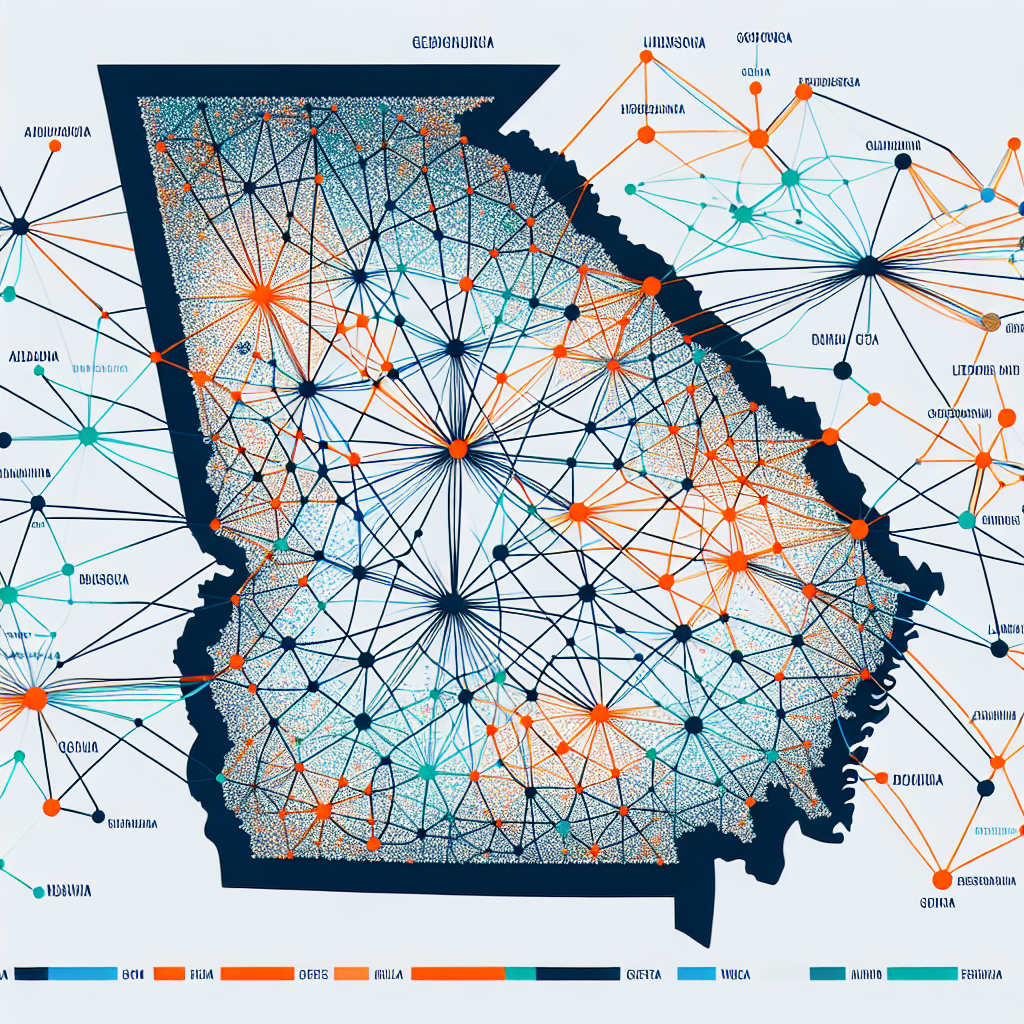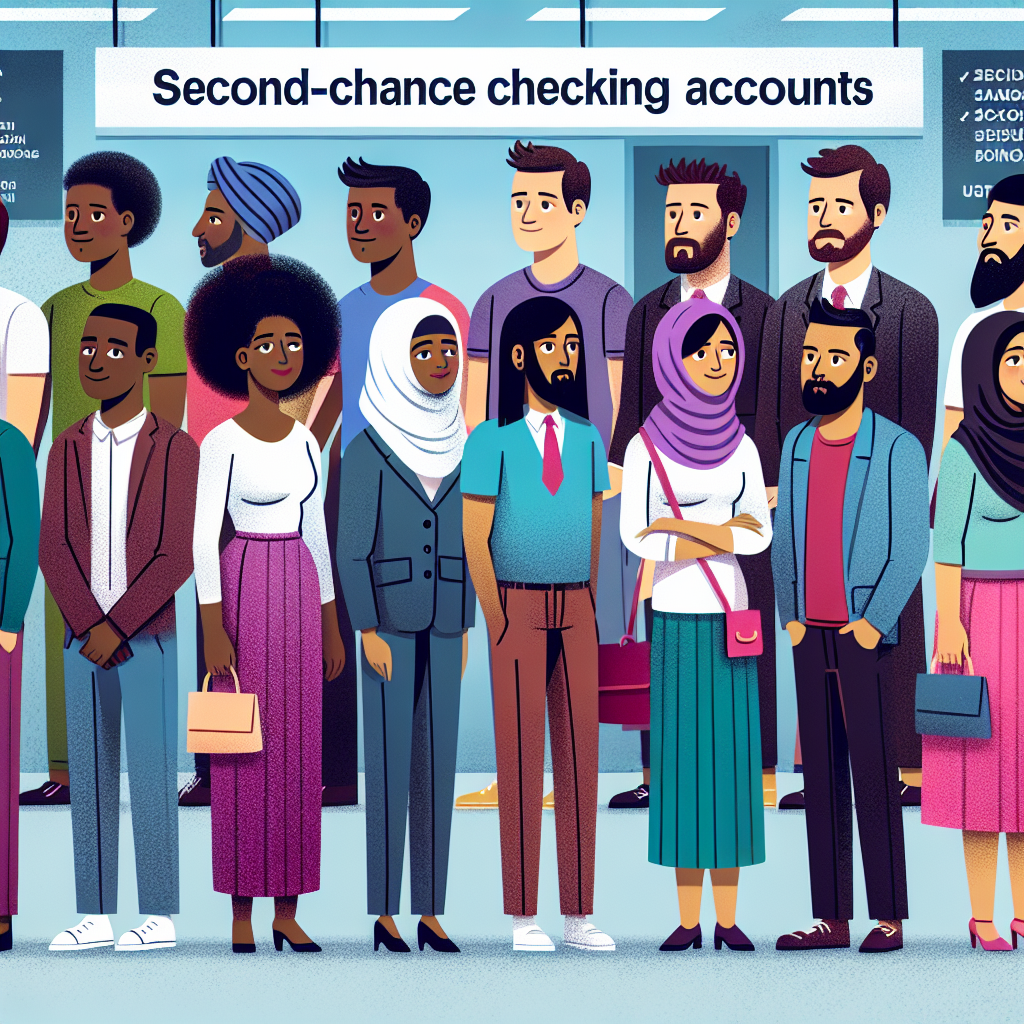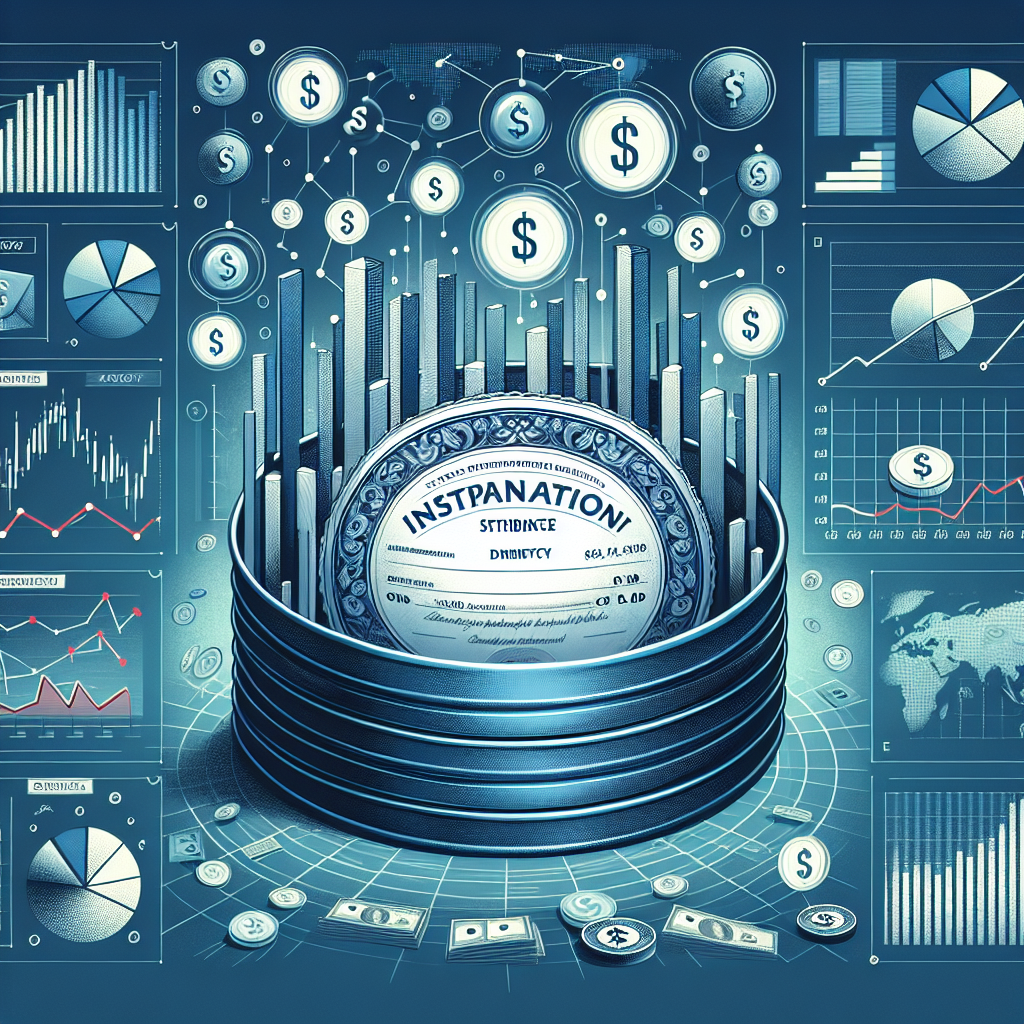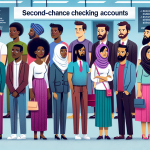Blockchain technology is quickly changing how we think about music. Imagine a world where artists can share their songs without worrying about people stealing their work. This is where blockchain comes in. It helps musicians take control of their music and get paid fairly.
So, what is blockchain? It is like a digital notebook where every time someone listens to a song or buys an album, a record is kept. This record is very secure and cannot be changed, which means no one can cheat the artists.
One important part of the music industry is copyrights. Copyrights protect creators’ rights to their work, making sure that no one else can use their music without permission. With blockchain, artists can register their songs easily, and everyone can see who the real owner is.
Another big issue in the music world is royalties. Royalties are the money that artists earn when people listen to their songs. Traditionally, this system has been messy, and artists often don’t get paid what they deserve. Blockchain makes it easier for musicians to earn money directly from their fans, cutting out the middlemen.
In summary, blockchain is making the music industry fairer and more transparent. By providing secure ways to protect copyrights and ensuring artists receive proper royalties, it is empowering musicians in a way we have never seen before. As technology continues to grow, we can expect to see even more changes in the music industry, making it better for both artists and fans.
Glossary:
– Blockchain: A secure digital record-keeping system.
– Copyrights: Legal rights that protect creators’ work.
– Royalties: Payments made to artists when their music is used or sold.
Understanding Blockchain Technology
Blockchain is a digital ledger technology that allows information to be securely stored and shared across a network. In the music industry, it helps artists manage their rights and royalties more effectively.
Key Terms
- Blockchain: A decentralized digital ledger that records transactions across multiple computers.
- Smart Contracts: Self-executing contracts with the terms of the agreement directly written into code.
- Royalties: Payments made to artists based on the use of their music.
- Copyright: A legal right that grants the creator of original work exclusive rights to its use and distribution.
Current Challenges in the Music Industry
The music industry faces several significant challenges:
- Complicated royalty distribution processes.
- Artists often receive a small percentage of music revenues.
- Piracy and unauthorized use of music.
How Blockchain Solves these Challenges
Blockchain technology offers various solutions to the problems faced by artists and the music industry as a whole.
Transparent Royalty Distribution
With blockchain, every time a song is played or downloaded, the transaction can be recorded. This transparency ensures that artists receive every penny they are owed. As stated by a music industry expert:
“Blockchain technology allows for direct payment models, eliminating the need for intermediaries and ensuring artists get paid in real-time.”
Copyright Protection
Blockchain can help secure copyrights for artists. When a song is uploaded to a blockchain platform, it can be timestamped and stored permanently. This prevents unauthorized use of the music.
Smart Contracts for Automatic Payments
Using smart contracts, payments can be automatically triggered when certain conditions are met, such as when a song is streamed. This ensures artists are always compensated fairly and promptly.
“Smart contracts create trustless environments where artists don’t have to chase payments.”
Examples of Blockchain in Action
Some platforms are already using blockchain to shake up the music industry:
- Myco: This platform allows artists to upload their music, manage rights, and receive royalties directly from fans.
- Audius: A decentralized music streaming platform that lets artists control the distribution of their music and receive compensation through cryptocurrency.
The Future of Music with Blockchain
As blockchain adoption increases, we may see a more equitable music industry where artists retain more control and earn more from their creations. The potential for innovation is immense, and experts believe:
“The integration of blockchain in music is not just a trend but a fundamental shift towards empowerment for creators.”
Challenges Ahead
While blockchain has many advantages, there are still hurdles to overcome:
- Limited awareness and understanding of the technology among artists.
- The need for broader industry acceptance.
As blockchain technology continues to evolve, it holds the promise of transforming how music is created, distributed, and enjoyed. With ongoing developments, the future looks bright for artists and fans alike.
This HTML code presents a comprehensive view of how blockchain is influencing the music industry, explaining critical terminology while emphasizing potential challenges and solutions in a clear and accessible manner.
Q1: What is blockchain and how does it relate to the music industry?
Blockchain is a decentralized digital ledger technology that records transactions across many computers securely and transparently. In the music industry, it can be used to create a more efficient system for tracking copyright ownership, managing royalties, and facilitating direct payments to artists.
Q2: How does blockchain help with copyright issues in music?
Blockchain can provide an immutable record of ownership for songs and compositions. This transparency helps to clarify who owns what rights, reducing disputes over copyright claims. As a result, artists can maintain better control over their work.
Q3: What are the benefits of using blockchain for royalty payments?
Using blockchain for royalty payments streamlines the payment process, ensuring that artists receive their earnings more quickly and directly. It eliminates the need for intermediaries, reducing fees and allowing a greater percentage of revenue to reach the artists themselves.
Q4: Can blockchain improve the way artists connect with their fans?
Yes, blockchain enables artists to create unique, verifiable experiences for their fans, such as exclusive content or limited edition releases. This direct interaction fosters a stronger relationship between artists and their audience, which can lead to increased loyalty and support.
Q5: What challenges does the music industry face in adopting blockchain technology?
Some challenges include the need for industry-wide standards, the integration of blockchain systems with existing platforms, and the initial cost of adopting new technology. There is also a learning curve associated with understanding how to use blockchain effectively.
Q6: How can independent artists benefit from blockchain?
Independent artists can leverage blockchain to gain more control over their music distribution, receive direct payments from fans, and retain a larger share of their revenue. This autonomy can enable them to build sustainable careers without relying heavily on traditional music industry structures.
Q7: Is blockchain technology secure?
Blockchain technology is considered secure due to its decentralized nature and cryptographic principles. While no system is completely foolproof, blockchain minimizes the risk of fraud and hacking compared to traditional centralized databases.
Q8: Will blockchain eliminate all intermediaries in the music industry?
While blockchain has the potential to reduce the need for certain intermediaries, it is unlikely to eliminate them entirely. Roles such as producers, managers, and promoters can still provide valuable services that enhance an artist’s career.
Q9: How are platforms integrating blockchain in their services?
Web3 Music: Can Blockchain Revolutionize Music Royalties?
Many music platforms are exploring blockchain by creating decentralized models for music distribution, implementing smart contracts to automate royalty payments, and launching NFTs (non-fungible tokens) for artists to sell exclusive content directly to fans.
Q10: What does the future hold for blockchain in the music industry?
The future of blockchain in the music industry looks promising, with ongoing developments likely to shape the way music is created, distributed, and monetized. As more artists and industry stakeholders adopt this technology, we can expect enhanced transparency, fairness, and efficiency across the board.








